Question And Answer
Publications
Articles, publications, books, tools and multimedia features from the U.S. Institute of Peace provide the latest news, analysis, research findings, practitioner guides and reports, all related to the conflict zones and issues that are at the center of the Institute’s work to prevent and reduce violent conflict.
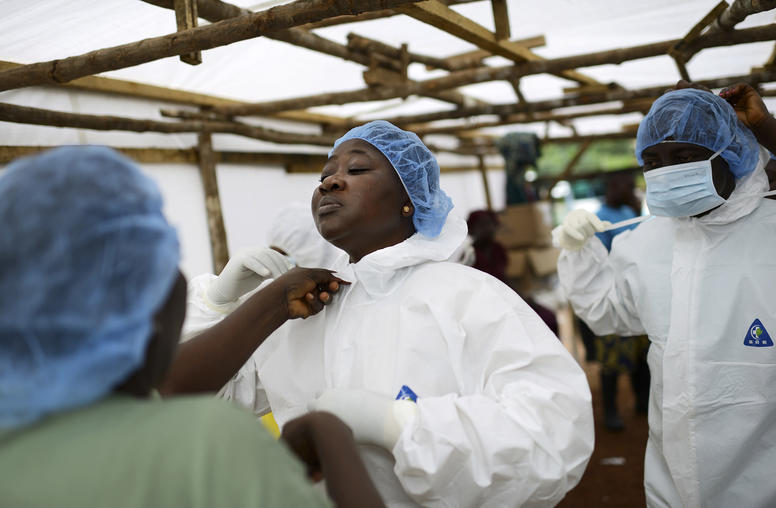
How to Make Women Count in the Response to Coronavirus
As health organizations and national governments seek to stem the spread of COVID-19, it is critical that they understand the gender dynamics in their societies. Efforts to combat the pandemic will only go so far if women and girls are left behind in the process. For example, how can a woman experiencing domestic violence quarantine at home safely? Thankfully, global efforts to integrate women as equal partners in peace and security can provide key lessons in responding to health epidemics more inclusively and effectively.
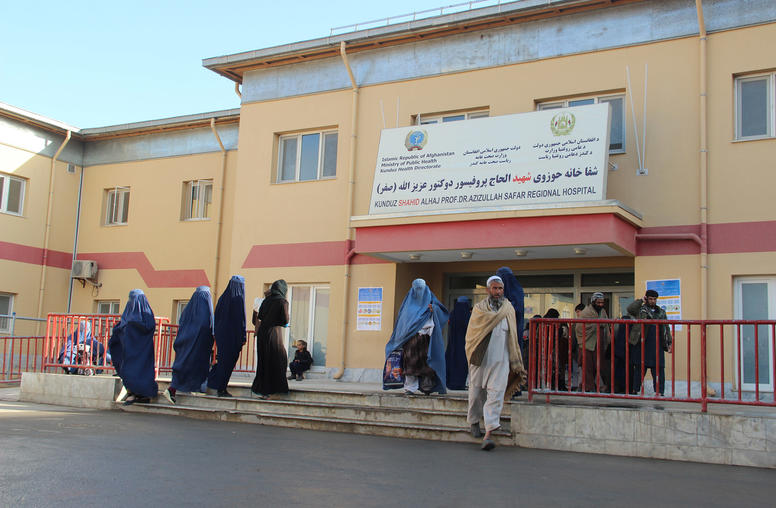
Coronavirus Complicates an Already Dire Situation for Afghan Women
Amid the coronavirus pandemic many countries around the world have reported an alarming increase in domestic violence. Indeed, U.N. Secretary-General Antonio Guterres has called for measures to address the “horrifying surge in domestic violence” linked to COVID-related lockdowns. In Afghanistan—one of the worst countries in the world for women by almost any metric—the lockdown exacerbates the dire situation many Afghan women already face. As the Afghan peace process inches forward amid a global pandemic, Afghan women’s inclusion and input are critical to combatting COVID and building peace.
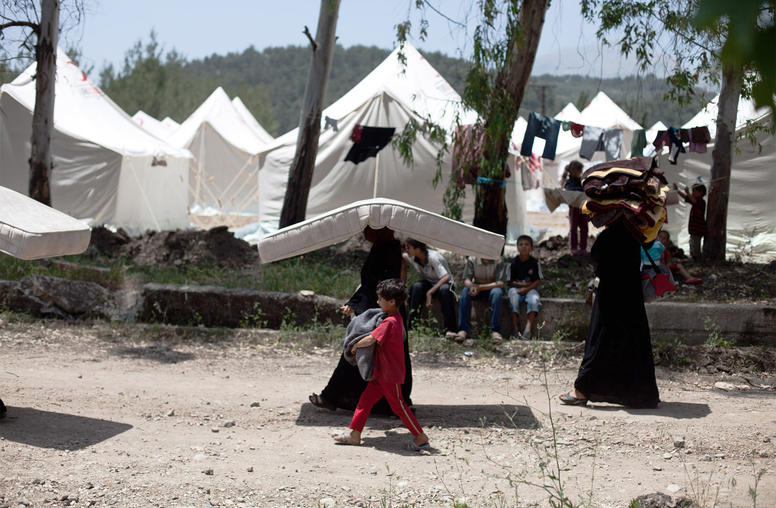
COVID Will Lead to More Child Marriage—What Can Be Done?
The impact of the COVID pandemic continues to be felt around the world, with economies shuttered and political systems increasingly strained. Another of the downwind effects of the pandemic—one that has not been leading the headlines—is that it is expected to lead to a sharp increase in early child marriage. In many countries, when crisis hits, early child marriage increases exponentially.

America can build peace better—if it includes women.
The United States is making a publicly little-noted stride this month to strengthen its response to the violent crises worldwide that have uprooted 80 million people, the most ever recorded. Officials are overhauling America’s method for supporting the “fragile” states whose poor governance breeds most of the world’s violent conflict. Yet the proven new approach—helping these countries meet their people’s needs and thus prevent violence and extremism—will fall short if its implementation fails to include and support women in every step of that effort. Fortunately, an earlier reform to U.S. policy offers practical lessons for doing so.
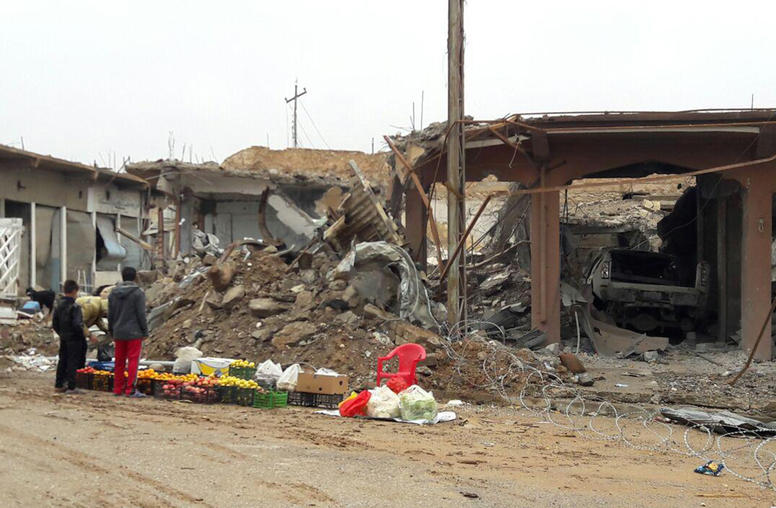
Amid Iraq’s Turmoil, Tal Afar Builds Peace
In a year of Iraqi turmoil, including protests that ousted a government and rivalry between Iran and Turkey, Iraqi tribal and community leaders are strengthening a new peace agreement in a locale that has seen some of the worst brutality of recent years—the northern city of Tal Afar. Civic, tribal and government leaders recently agreed to a pact that can open a path for more than 60,000 displaced residents to return home and rebuild following the war with ISIS. The accord also will help curb ISIS’ effort to revive. And in a startling change, it was negotiated in part by women.
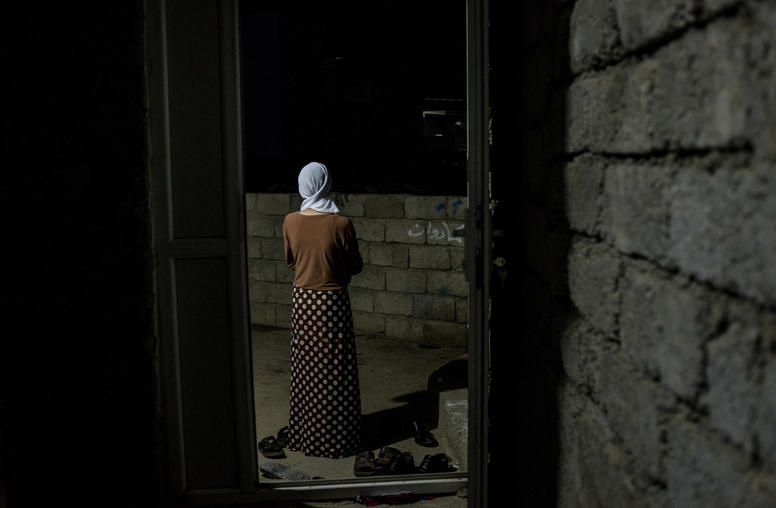
Five Gains and Gaps in the Campaign to End Conflict-Related Sexual Violence
The wars of the 1990s — particularly in the former Yugoslavia, Rwanda, Sierra Leone and the Democratic Republic of the Congo (DRC) — saw the devastating use of sexual violence not only by individual subordinate soldiers, but as deliberate tactics of war by state and non-state armed actors. In response, a wave of strong advocacy from women’s civil society organizations called for an end to these acts of violence, and their vision was eventually incorporated into U.N. Security Council Resolution (UNSCR) 1325 and what is now known as the Women, Peace and Security (WPS) agenda in 2000.
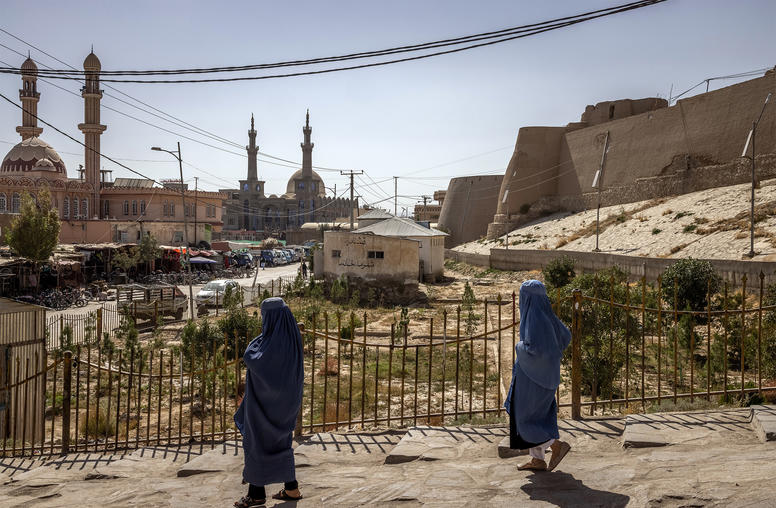
How the Taliban Enables Violence Against Women
In just 28 months, the Taliban have dismantled Afghan women’s and girls’ rights — imposing draconian restrictions regarding their education, employment and freedom of movement. Any perceived violation of these oppressive policies is often met with harassment, intimidation, and verbal and physical abuse orchestrated by the Taliban’s Ministry of Vice and Virtue. And when women are detained by authorities, they have been subjected to cruel treatment, including torture.
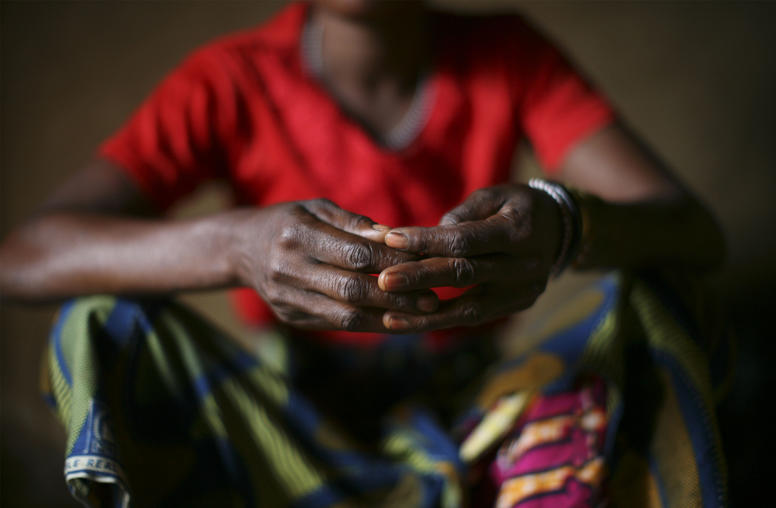
Sexual Violence Is Not an Inevitable Cost of War
The ever-growing list of conflict zones in which sexual violence has been reported globally this year, including in Israel, Ethiopia, Sudan, Ukraine, the Democratic Republic of Congo and Haiti, underscores the persistent horror of this scourge. Acts of conflict-related sexual violence (CRSV) violate not only the physical and mental integrity of the victims but also breach international humanitarian law and human rights principles.
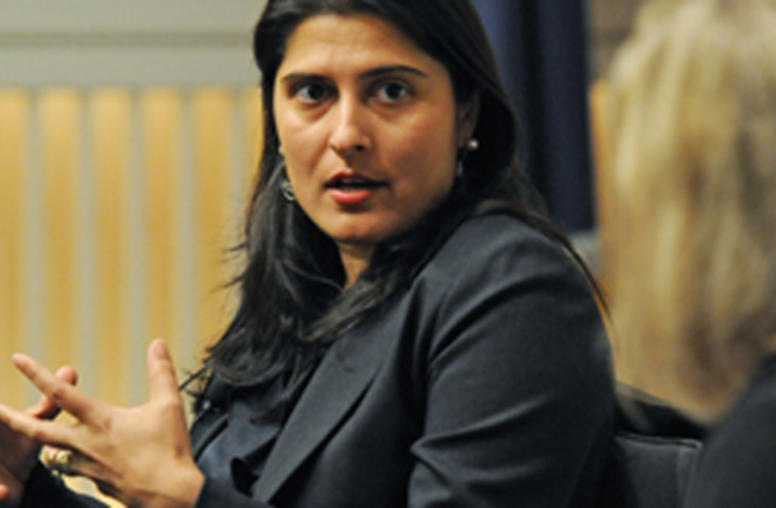
"Saving Face" and Empowering Women
The co-director of the Academy Award-winning documentary “Saving Face” stresses the importance of telling the stories of ordinary individuals who courageously speak out against human rights abuses.
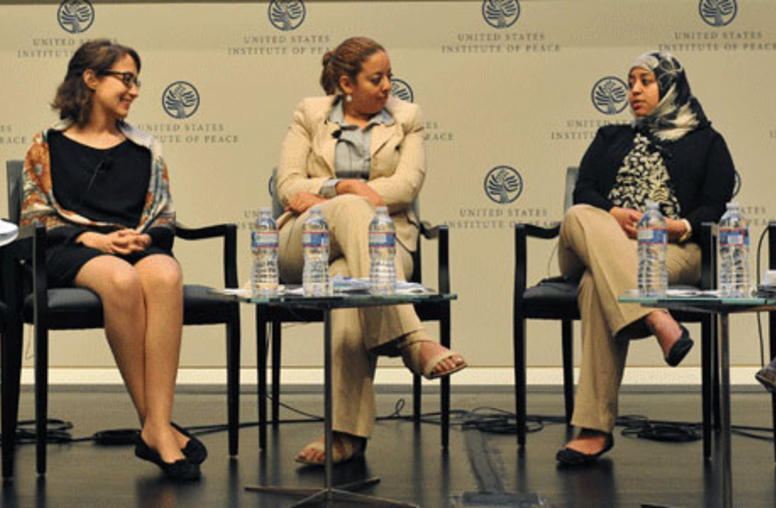
Honoring Women Leaders as Agents for Change and Peace
Women leaders from Liberia, Pakistan, Tunisia, Libya, Egypt, Yemen and Samoa shared compelling accounts of their innovative leadership approaches in a two-part panel event, "Women Leading Change in Transitioning Societies." These women, who have just been recognized as the 2012 honorees of the annual Vital Voices Global Leadership Awards, are leading change in their transitioning societies through civil society, political activities, and private business.